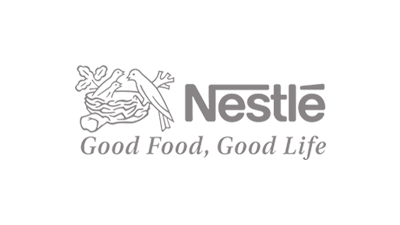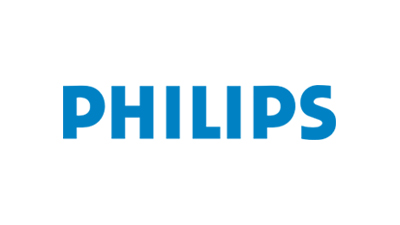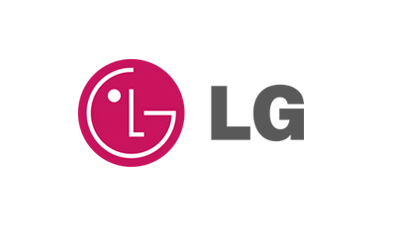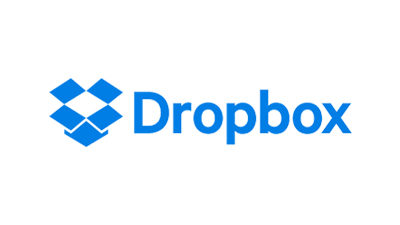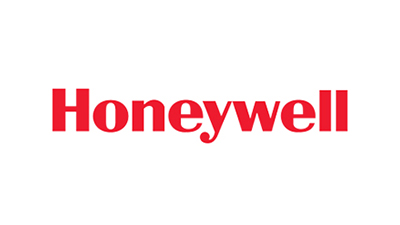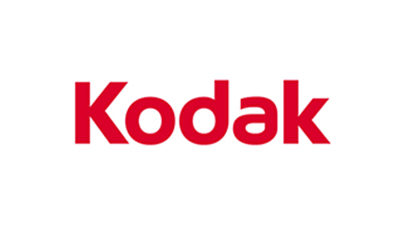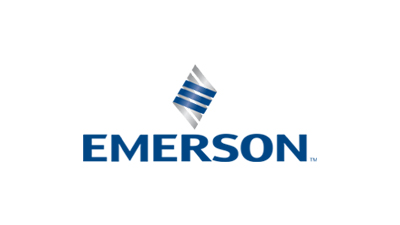Divinylbenzene (DVB) is an extremely versatile cross-linking agent that also improves polymer properties. As a result, it has been used to manufacture adhesives, plastics, elastomers, ceramics, biological materials, coatings, catalysts, membranes, pharmaceuticals, specialty polymers, and ion exchange resins. DVB is a chemical intermediate used to modify the properties of a wide variety of materials. The primary use for DVB is in the production of cross-linked polystyrene resin beads. These styrene DVB copolymer beads are chemically modified to produce ion exchange resins. Scope of the Report: This report focuses on the Divinylbenzene (DVB) in global market, especially in North America, Europe and Asia-Pacific, South America, Middle East and Africa. This report categorizes the market based on manufacturers, regions, type and application. In 2016, the global divinylbenzene (DVB) market is led by China. USA is the second-largest region-wise market. At present, the major manufacturers of divinylbenzene (DVB) are concentrated in China, USA and Japan. Jiangsu Evergreen is the world leader, holding 28.4% production market share in 2016. Divinylbenzene (DVB) is an extremely versatile cross-linking agent that also improves polymer properties. As a result, it has been used to manufacture adhesives, plastics, elastomers, ceramics, biological materials, coatings, catalysts, membranes, pharmaceuticals, specialty polymers, and ion exchange resins. Ion exchange resin is the main DVB application, accounting for 81.4% of consumption share in 2016. DVB is produced through the dehydrogenation of diethylbenzene. This process also gives rise to ethylvinylbenzene, a co-product produced with and sold with DVB. DVB is produced in different concentrations, depending on the required proportion of DVB in the final product. DVB is supplied in different concentration levels (or purity grades), e.g., 55%, 65%, and 80%, with the customer determining the particular concentration of DVB required. In turn, all DVB producers manufacture the various concentrations of DVB on the same production line with the same equipment by adjusting the distillation process conditions. Dow and Deltech Corporation are the only two DVB manufacturers in the United States. Dow supplies DVB to global market and uses its DVB captively for its own IER production. Nippon Steel is the only producer in Japan. Japan is the world's major ion exchange resin production area, so Japan's demand for DVB is huge and necessary. Mitsubishi Chemical, AGC and Asahi Kasei are direct customers of Nippon Steel. Currently, there are no large European DVB production sites, so almost all European customers import DVB from suppliers in China, Japan, and the United States. In the Chinese market, the competition of the DVB industry is fierce. The worldwide market for Divinylbenzene (DVB) is expected to grow at a CAGR of roughly xx% over the next five years, will reach xx million US$ in 2023, from xx million US$ in 2017, according to a new GIR (Global Info Research) study. Market Segment by Manufacturers, this report covers Dow Chemical Jiangsu Evergreen Nippon Steel Jiangsu Andeli Mew Mstar Shandong Guangrun Deltech Corporation Jiangsu Danhua Market Segment by Regions, regional analysis covers North America (United States, Canada and Mexico) Europe (Germany, France, UK, Russia and Italy) Asia-Pacific (China, Japan, Korea, India and Southeast Asia) South America (Brazil, Argentina, Colombia etc.) Middle East and Africa (Saudi Arabia, UAE, Egypt, Nigeria and South Africa) Market Segment by Type, covers DVB 55 DVB 63 DVB 80 Others Market Segment by Applications, can be divided into Ion Exchange Chromatographic Resins Adhesives and Coatings Ceramics Plastics and Elastomers Others There are 15 Chapters to deeply display the global Divinylbenzene (DVB) market. Chapter 1, to describe Divinylbenzene (DVB) Introduction, product scope, market overview, market opportunities, market risk, market driving force; Chapter 2, to analyze the top manufacturers of Divinylbenzene (DVB), with sales, revenue, and price of Divinylbenzene (DVB), in 2016 and 2017; Chapter 3, to display the competitive situation among the top manufacturers, with sales, revenue and market share in 2016 and 2017; Chapter 4, to show the global market by regions, with sales, revenue and market share of Divinylbenzene (DVB), for each region, from 2013 to 2018; Chapter 5, 6, 7, 8 and 9, to analyze the market by countries, by type, by application and by manufacturers, with sales, revenue and market share by key countries in these regions; Chapter 10 and 11, to show the market by type and application, with sales market share and growth rate by type, application, from 2013 to 2018; Chapter 12, Divinylbenzene (DVB) market forecast, by regions, type and application, with sales and revenue, from 2018 to 2023; Chapter 13, 14 and 15, to describe Divinylbenzene (DVB) sales channel, distributors, traders, dealers, Research Findings and Conclusion, appendix and data source
Table of Contents 1 Market Overview 1.1 Divinylbenzene (DVB) Introduction 1.2 Market Analysis by Type 1.2.1 DVB 55 1.2.2 DVB 63 1.2.3 DVB 80 1.2.4 Others 1.3 Market Analysis by Applications 1.3.1 Ion Exchange 1.3.2 Chromatographic Resins 1.3.3 Adhesives and Coatings 1.3.4 Ceramics 1.3.5 Plastics and


